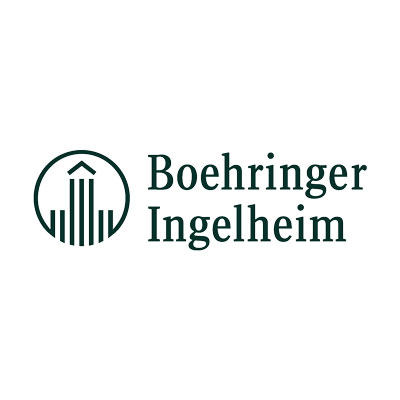Human Animal Bond Research Institute and Pet Partners Award Grant to The Ohio State University
Washington, D.C. (January 11, 2024) — The Human Animal Bond Research Institute (HABRI) and Pet Partners today announced new funding for a research project to investigate the health and wellbeing benefits of equine-assisted services (EAS) for survivors of trauma and the horses in the program. This grant of $55,212.30 was awarded to a team of researchers at The Ohio State University led by Kimberly Cole, Extension equine specialist and professor of animal sciences.
“Pet Partners is thrilled to support this study on the healing influence of equine-assisted therapy for survivors of trauma,” said C. Annie Peters, president & CEO of Pet Partners. “Understanding the impact of EAS on not only the trauma survivors, but also on the participating horses represents an important contribution to the field of human-animal interaction research.”
“An increasing number of programs rely on the positive influence of horses, but we still need more evidence on the specific mechanisms for which human-equine interaction leads to positive health outcomes in human participants,” said Cole. “This research, which utilizes the biopsychosocial model to measure specific biomarkers such as oxytocin, aims to advance the science of animal-assisted therapy in this important area.”
Using a within-subject repeated measures design, this study will examine health and wellbeing for both human and equine using outcome measures within a biopsychosocial framework. Participants between 18-55 years of age with trauma symptoms will participate in four consecutive weekly sessions with the same equine.
Equine-assisted services (EAS) is a broad term used to describe all ways humans interact with horses and other members of the equine species, including therapeutic, learning, and horsemanship services, with activities such as therapeutic riding as well as grooming. Salivary samples will be collected before and after each session from both humans and equine and analyzed for oxytocin and pro-inflammatory cytokine, hormones associated with positive and negative wellbeing, respectively. The researchers will also collect self-reported measures of perceived psychological stress from human participants before and after each session.
In addition to collecting data on human participants, the researchers will also monitor acceptance and avoidance behaviors in the equine participants as a measure of animal wellbeing. Researchers hypothesize that the development of a human-animal bond through participation in a series of four weekly EAS sessions will positively influence physiological, psychological, and behavioral responses among both human and equine participants.
“This research will not only inform health providers on strategies to better care for trauma survivors, but it will also provide first-of-its-kind data on the wellbeing of the horses involved,” said Steven Feldman, president, HABRI. “HABRI is proud to join with Pet Partners to support research that will advance our understanding of the mutually-beneficial human-animal bond.”
About Pet Partners
Pet Partners is the leader in the therapy animal field for registering volunteer teams. Since 1977, we have supported thousands of teams in making millions of meaningful visits across the country and around the world. Through the human-animal bond, we can improve the physical, social, and emotional lives of both the people and animals involved. Pet Partners supports volunteer teams by offering the highest quality preparation, an unmatched approach to evaluation and registration—for nine different types of animals—and a focus on connections. We elevate the importance of therapy animal visits, and our teams help build a healthier and happier world for us all. Whether or not you have a pet, learn more about sharing the human-animal bond by visiting petpartners.org.
About HABRI
HABRI is a not-for-profit organization that funds innovative scientific research to document the health benefits of companion animals; educates the public about human-animal bond research; and advocates for the beneficial role of companion animals in society. For more information, visit http://www.habri.org.
Contact
Logan Trautman
logan@inspireprgroup.com
412.915.4038
###





